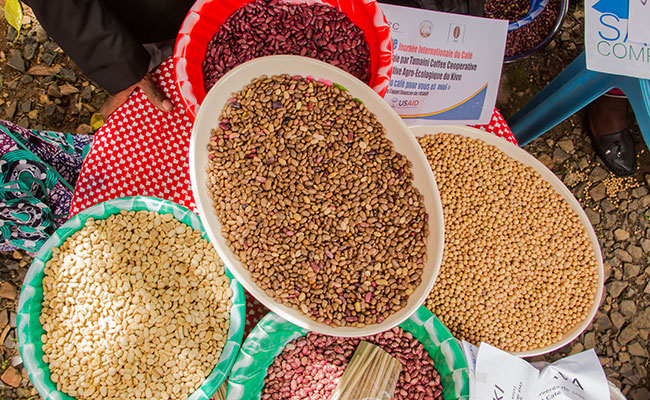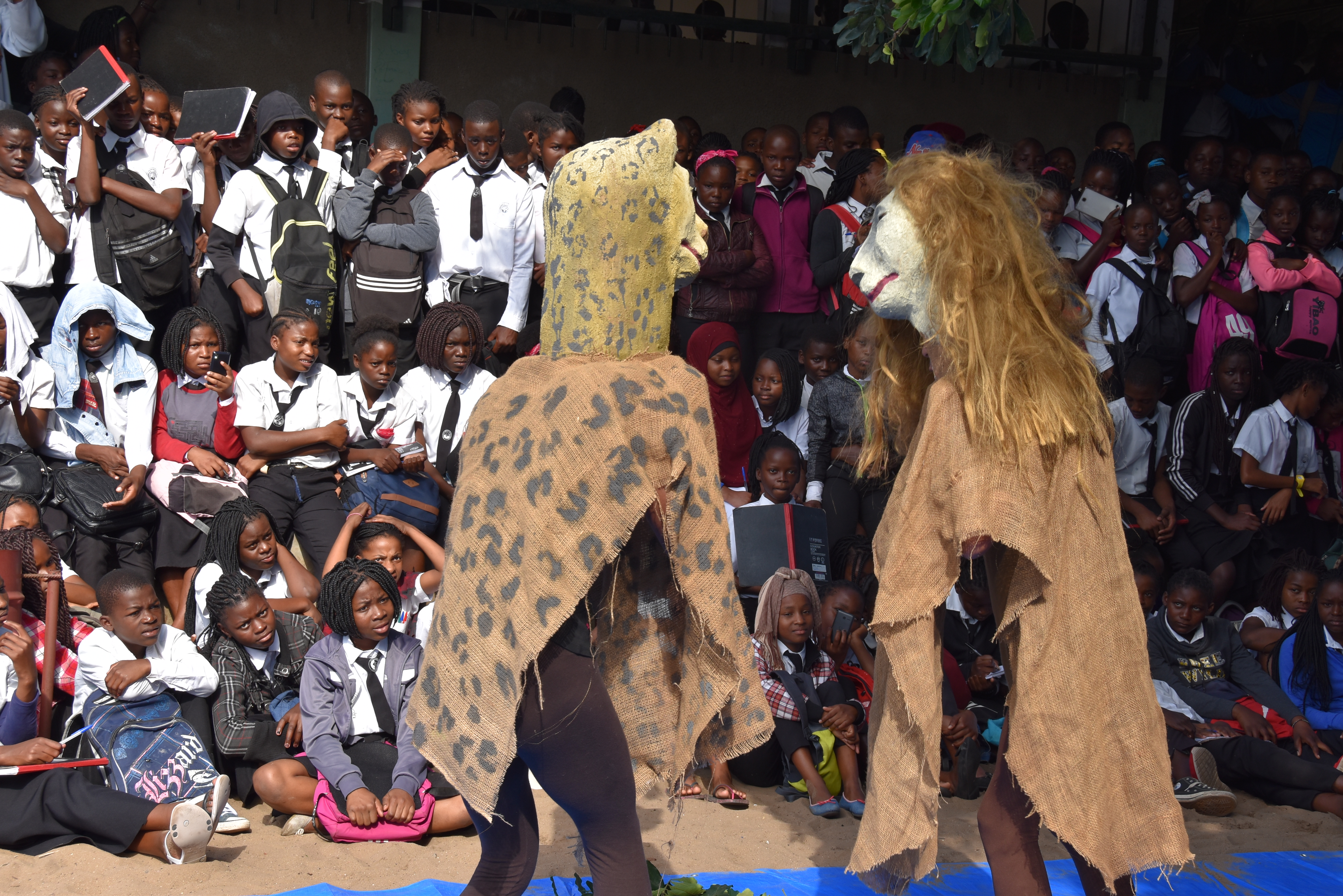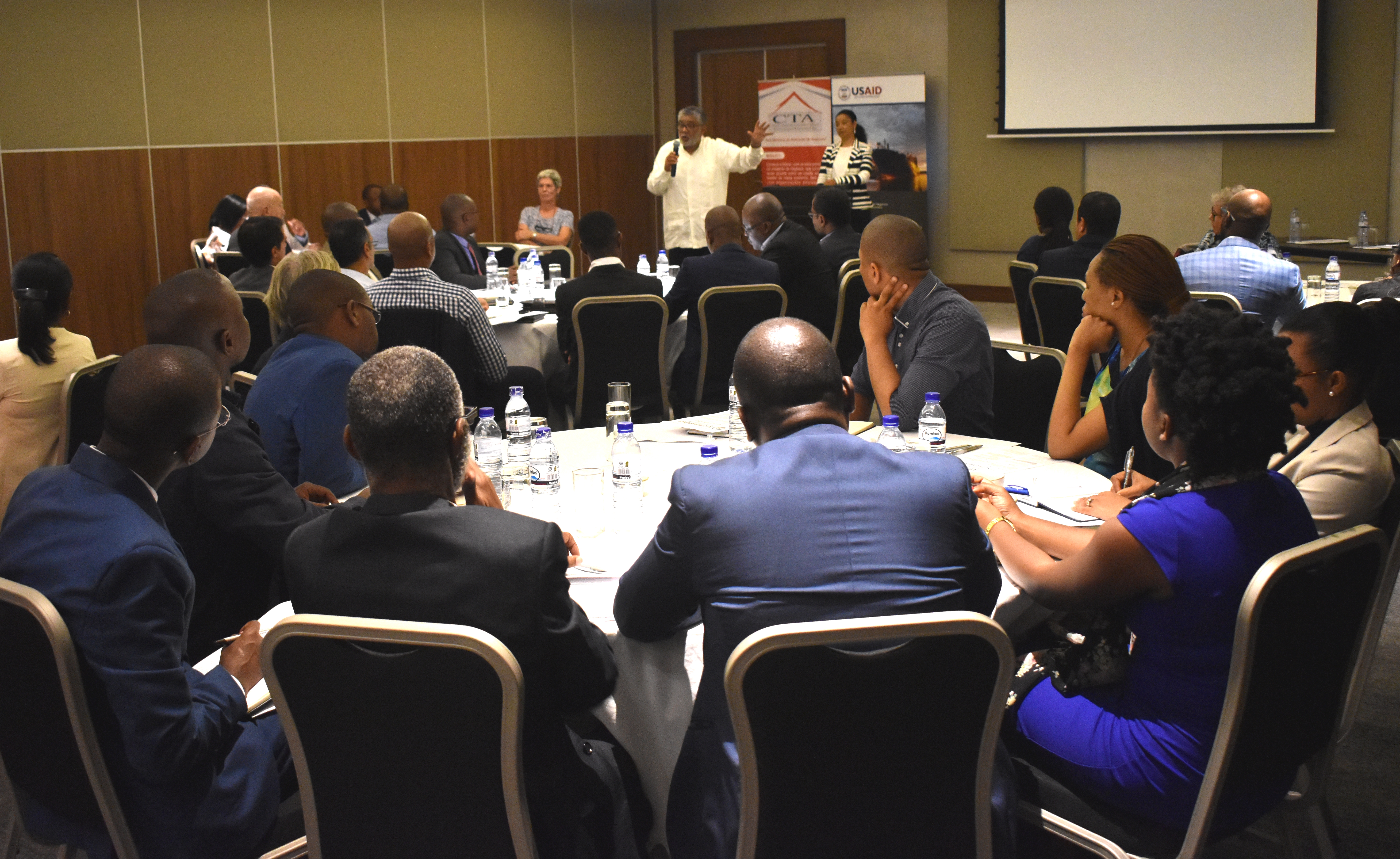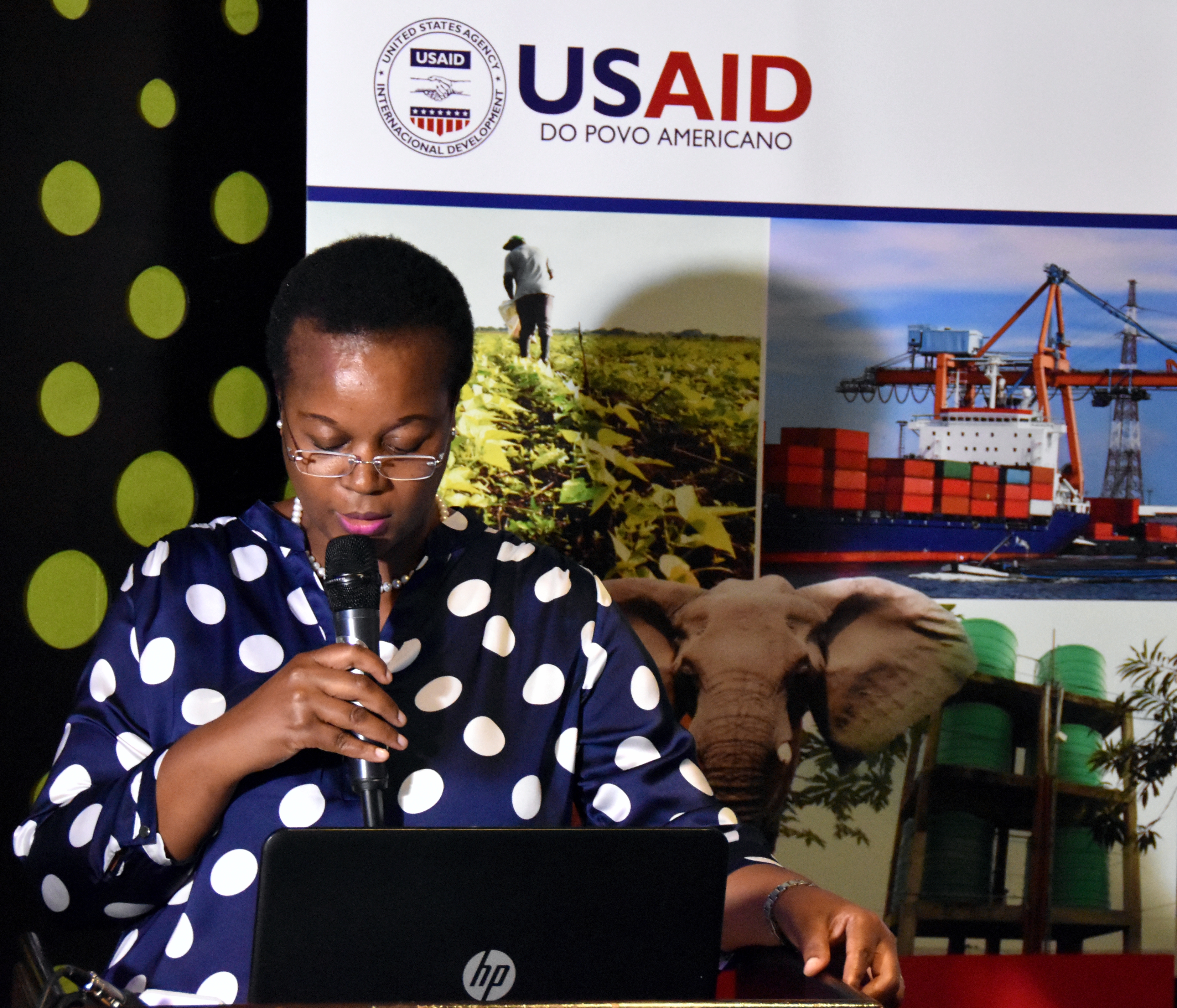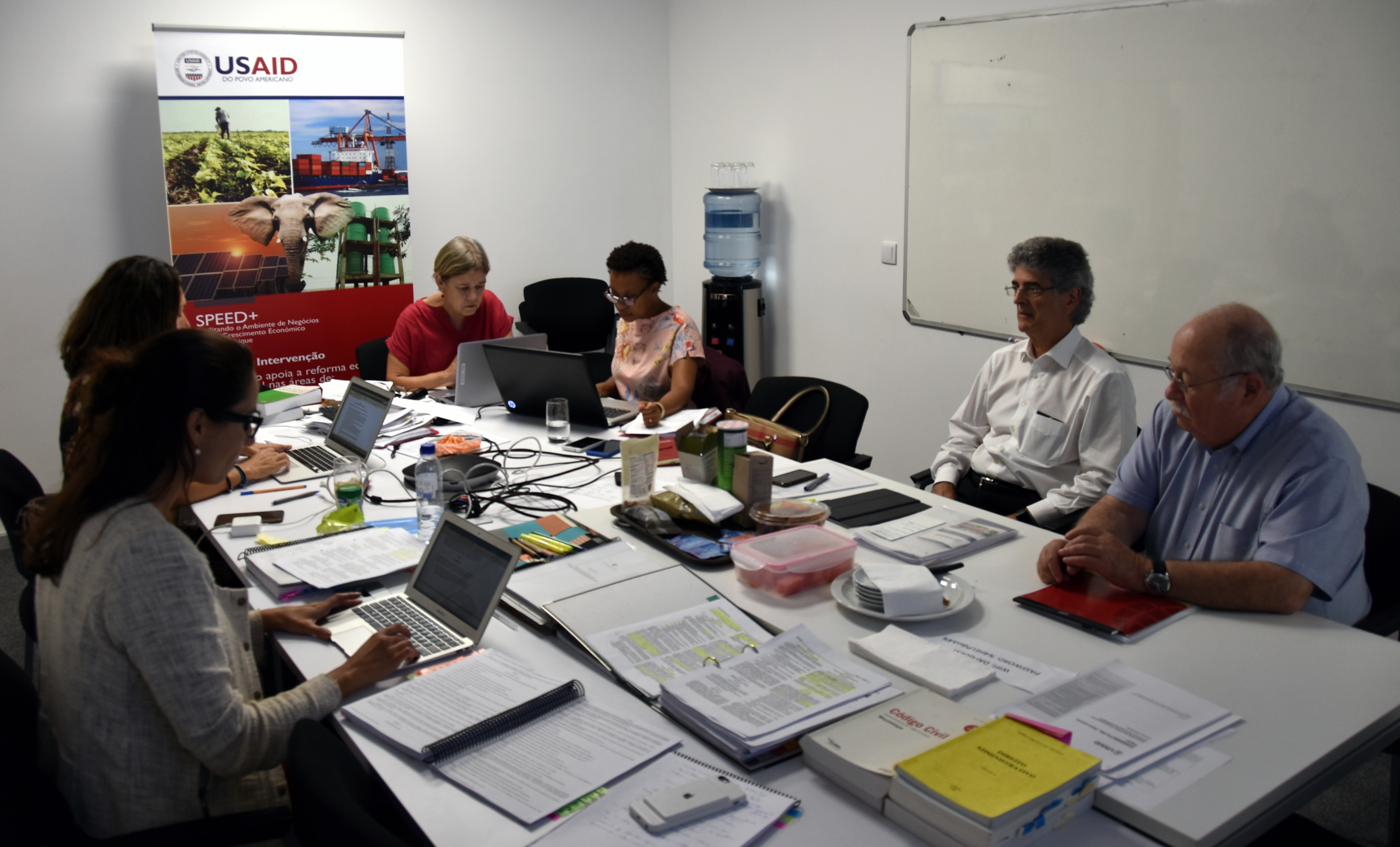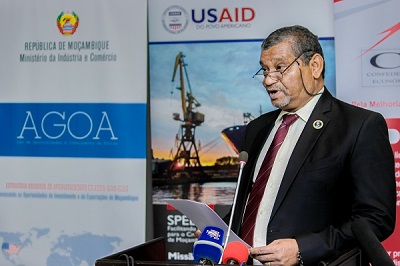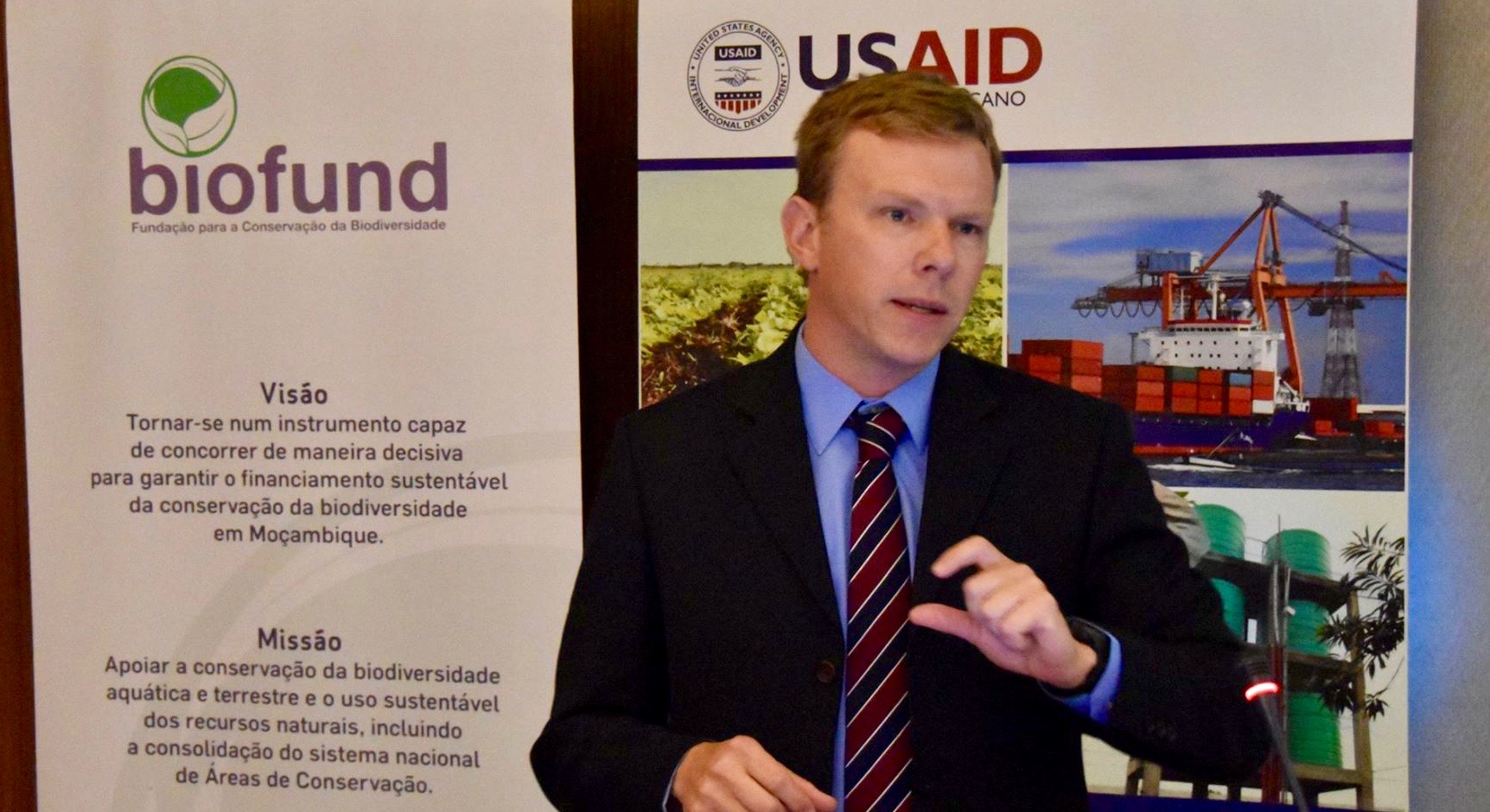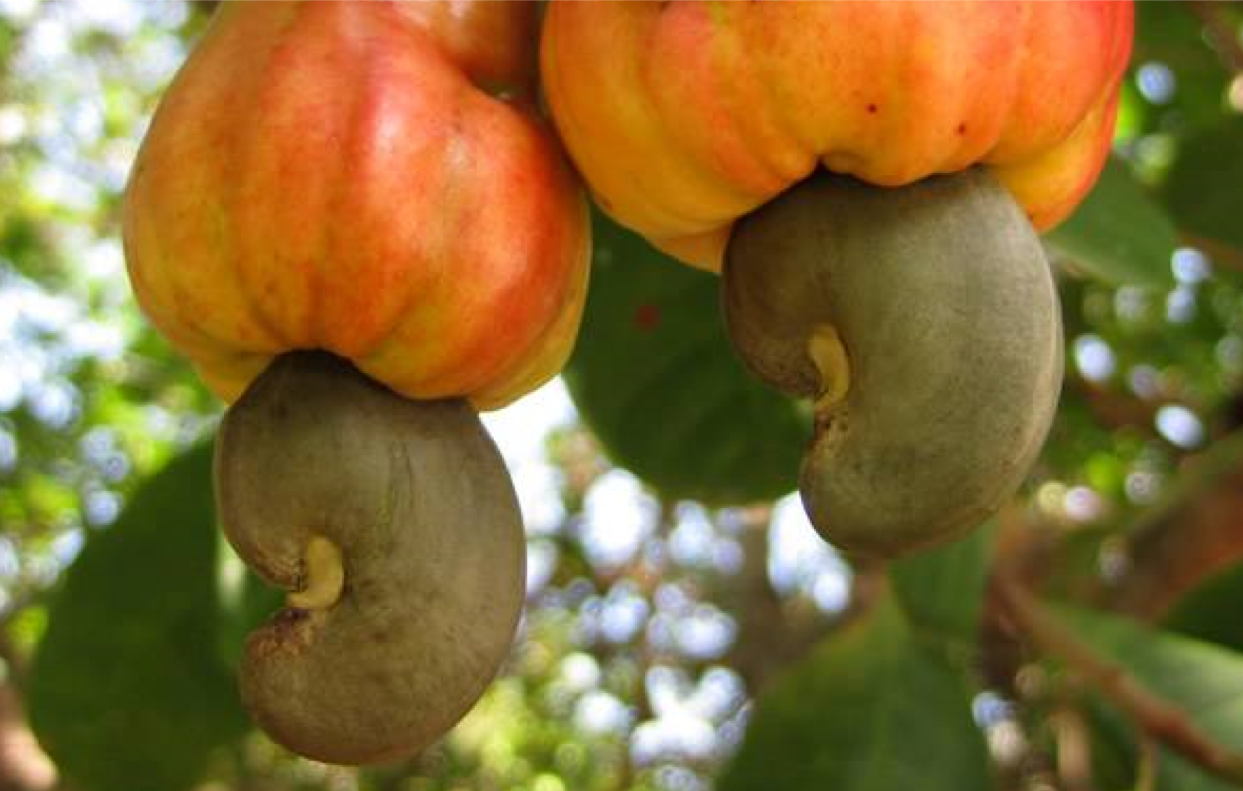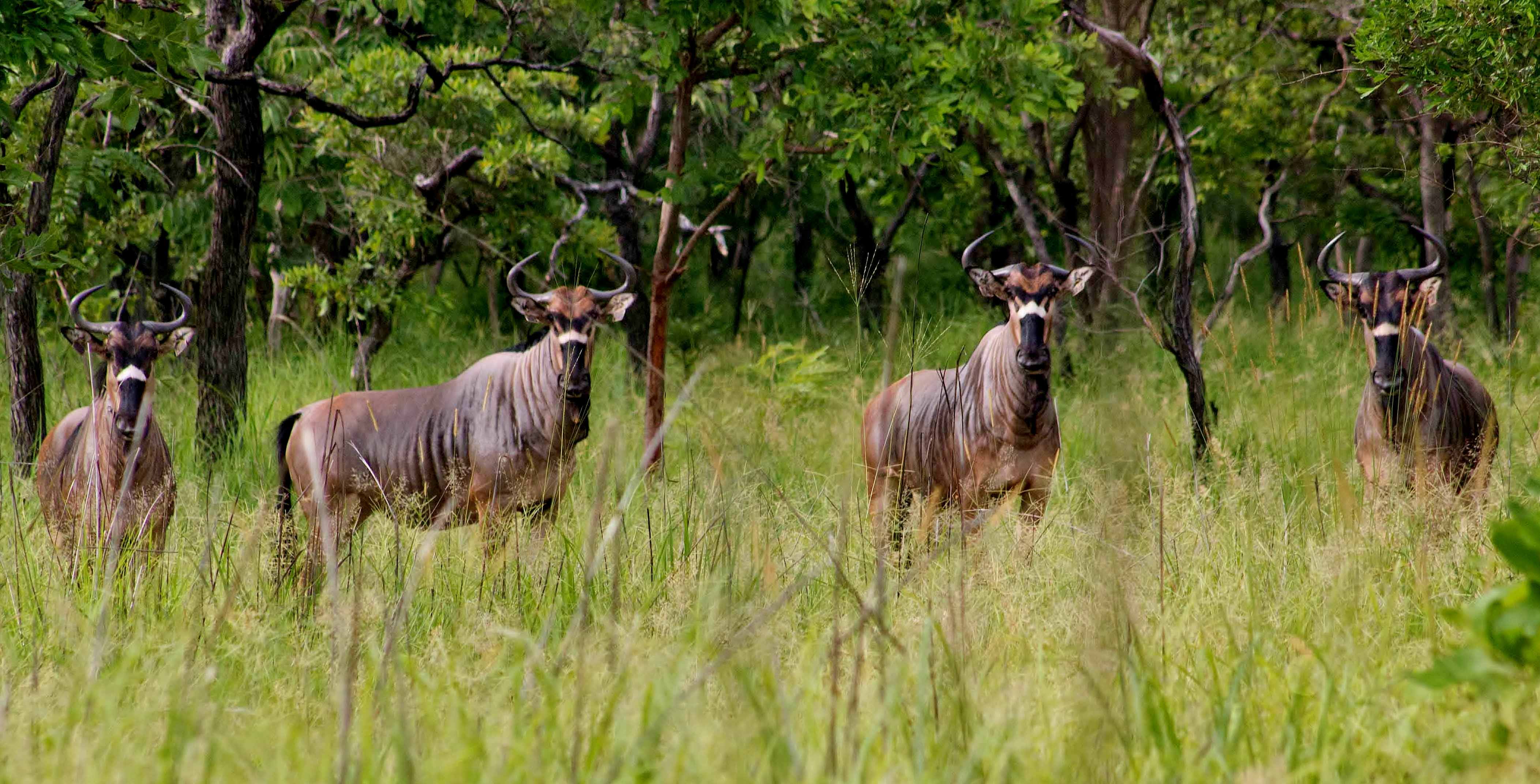Strengthening the Enabling Environment for Food Security in Mozambique
Food security remains a pressing issue in Mozambique, where according to the World Food Program, a full 80% of the population cannot afford an adequate diet and stunting is present in 42% of children under five years old.
A key local institution who contributes to food security in the country is the Mozambique Institute of Cereals (ICM), an independent public entity tasked with i) promoting efficient trade in cereals to stimulate production and ensure broad-based economic growth in rural areas, and ii) ensuring domestic food security in times of crisis.

